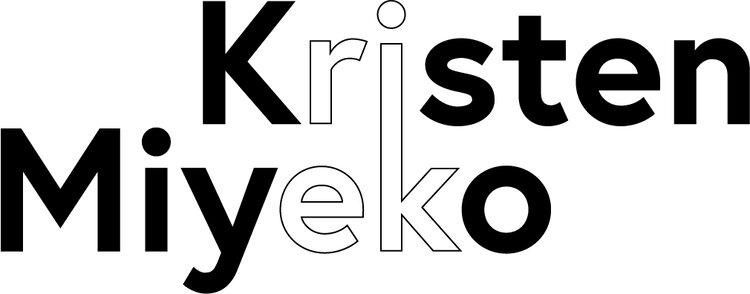How does family shape your perception of strength? For a long time, I believed that strength meant never showing others that you were bothered by a situation. Many of my admired family members seemed to embody this trait. When issues arose, they remained calm and focused on gathering information to find a solution. I admired the strength it took not to react in these situations. As I grew older, I realized that maintaining such composure for the sake of others can take a toll on one's mental health. It also creates distance in relationships, as others may feel you are indifferent or withholding your true feelings.Now, I understand the importance of balance. There are times where it is necessary to remain strong, and others where it is okay to show vulnerability. Losing control makes you human and can help you recognize when you need support to overcome particularly challenging times.
I make it a point to express my feelings when my family asks how I am doing. While they know I can show strength, it is also important to let them know when I need them for support.
How have your trials made you stronger? My trials have strengthened my belief in my capabilities. When I was applying to graduate school, many people assured me, "You’ll get into any school you want!" While encouraging, I struggled internally with self-doubt, which impacted my focus while studying for the GMAT. I often considered postponing my application to allow more time for preparation, thinking I could apply next year and increase my chances of acceptance. However, connecting with other graduate students and sharing our goals and stories helped me believe in my potential. This shift in mindset made me more disciplined in my studies, as I now had a clear end goal. Ultimately, I received a full-ride scholarship to UW-Madison for an MBA with a specialization in Strategic HR.
This experience reminds me of the saying, "Whether you think you can or you think you can’t, you’re right." I often reflect on this when facing challenges at work or in my personal life. Positive thinking empowers me to pursue my goals with full commitment.
How can you be strong and vulnerable? When I think about being both strong and vulnerable, I reflect on my personal relationships. Growing up as a military kid, I moved every 3-5 years, which taught me how to build and end relationships. I've learned the importance of showing up authentically, even though it requires vulnerability. In the end, I'm always glad I did because it's the only way to determine if a relationship is mutually energizing.However, if I show up vulnerably and the other person isn't receptive, supportive, or doesn't share my values, I need to draw on my strength to end the relationship, even if it's difficult. Strength means sticking to my values and ensuring I have what I need to be my best self. I can control who has access to me and to what extent. Once I'm clear on that, it's easier to balance vulnerability with the strength to uphold my boundaries.
What advice would you give to the next generation of strong women? My advice to the next generation of strong women is twofold. First, surround yourself with people who uplift you and speak highly of you in your absence. These individuals form your support system, so nurture those relationships. Second, embrace the opportunity to reinvent yourself with each new chapter of your life. Personal growth is what makes life fulfilling. Although change can be daunting, don't let it prevent you from living as the best version of yourself.
What’s one thing someone could do today to make them stronger? One powerful way to become stronger today is to prioritize deepening your self-understanding. This year, I embarked on a new chapter in life – I turned 30, started a new job, and moved to a new city. Feeling that I had outgrown my previous life and old habits, I wanted to be intentional in this new era. I began asking myself, “How should I show up at work? In my personal relationships? For myself?”
These were significant questions, so I sought help through journaling via voice memos and seeing a therapist. These activities allowed me to truly see myself by recognizing patterns in my behavior and setting realistic goals for personal growth. By taking time to deepen my self-understanding, I’ve gained clarity on my values and boundaries. This clarity makes it easier to stand up for myself and give myself grace when things go wrong because I know exactly what I need to process any given situation. Deepening your self-awareness can take many forms, such as establishing a routine, taking self-assessments, or seeing a therapist. No matter how you choose to do it, this journey will ultimately help you build strength.
Alexis’s Intentional Act of Kindness
How did you use the $100? I used the $100 to bless my older brother during the holidays. My brother is someone who has shown resilience through a number of difficult situations. He hardly asks for help when navigating challenges and I admire his strength and willingness to find a solution on his own. At the same time, I like to remind him I am here to help in small ways along the way.
What was the 'Intentional Act of Kindness' process like for you? I like to be thoughtful about where my acts of kindness can go far. I considered donating to an organization that I am passionate about, but sometimes helping out can be a little closer to home.






